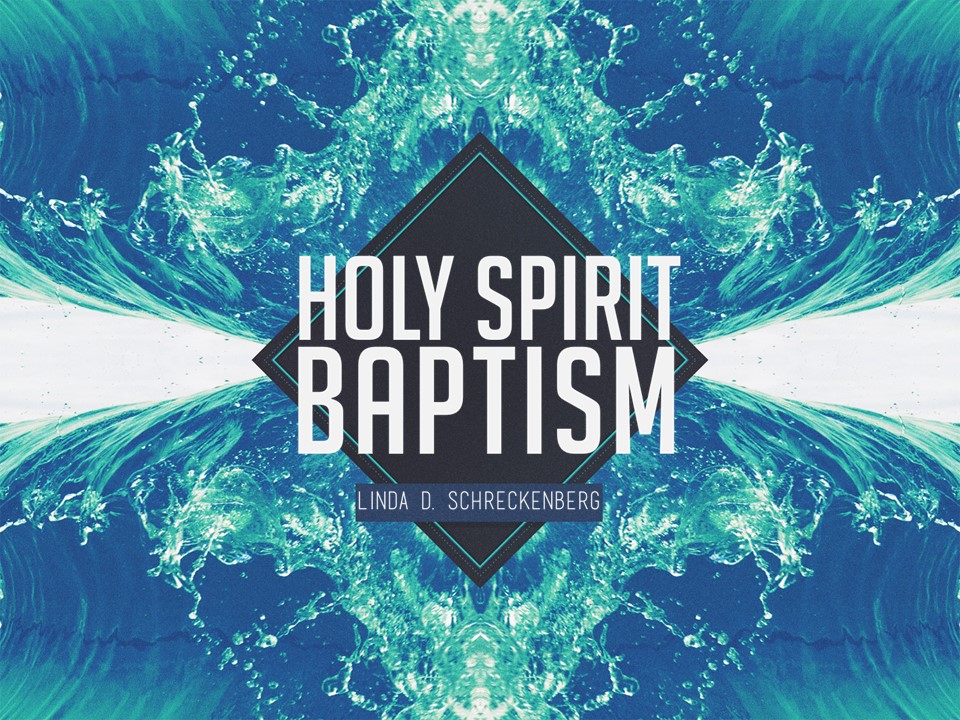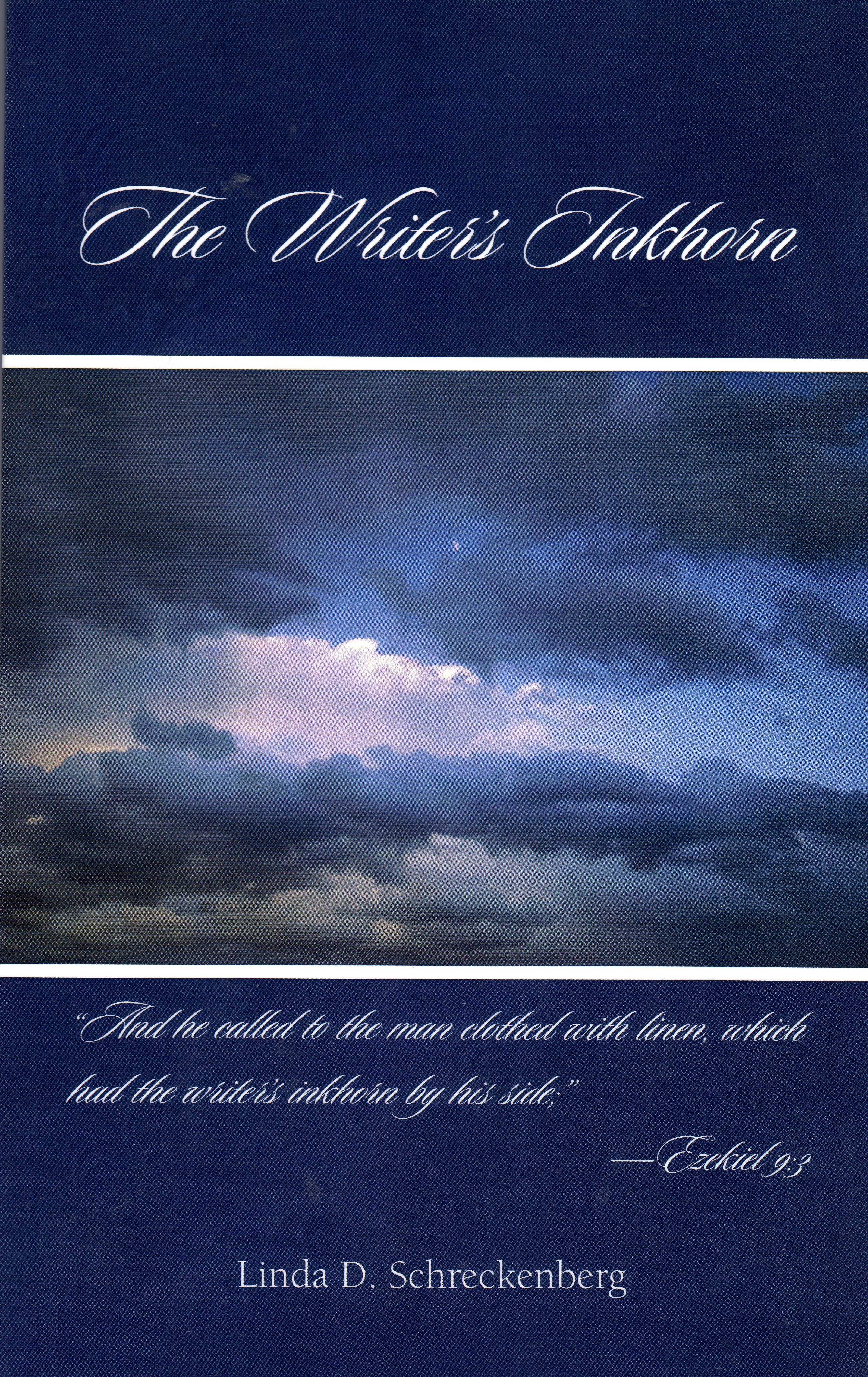
By Linda D. Schreckenberg
“For with stammering lips and another tongue will he speak to this people. To whom he said, “This is the rest wherewith ye may cause the weary to rest; and this is the refreshing: yet they would not hear.” -Isaiah 28:11-12
I found the following words in the Christianity Today article October 5, 2002; “In the prayers of the early American Puritan Cotton Mather (1663-1728), recorded in his diary, Mather asked God to “fulfill the ancient prophecy, of pouring out the Spirit on all flesh, and in so doing revive the extraordinary and supernatural operations with which he planted his religion in the primitive times of Christianity, and order a descent of his holy angels to enter and possess his ministers . . . Mather concluded after this prayer that the Holy Spirit was preparing to so empower his ministers, and that as a result, the world shall be shaken wonderfully!”
“In 1734, the great theologian and preacher of awakening, Jonathan Edwards (1703-1758) carried the same torch as he prayed the words of Ephesians 1:17-19 over his congregation in Northampton, “That the Father of glory may give you a spirit of wisdom and of revelation in the knowledge of him, having the eyes of your hearts enlightened, that you may know what is the immeasurable greatness of his power in us who believe.” Soon after this prayer, the people of Northampton experienced a spiritual awakening that greatly enlivened their public worship.”
“About a century later, a young lawyer named Charles Finney (1792-1875) also discovered the energizing power of the Holy Spirit. He gave his experience the name used in his day by some Methodists: “As I turned and was about to take a seat by the fire, I received a mighty baptism of the Holy Ghost. Without any expectation of it . . . the Holy Spirit descended upon me in a manner that seemed to go through my body and soul. No words can express the wonderful love that was shed abroad in my heart. I wept aloud with joy . . .” Finney joined the young Methodist holiness movement in recommending the experience to all.”
“A few decades later, Dwight L. Moody (1837-1899), at the prayerful instigation of two elderly Methodist women, Auntie Cook and Mrs. Snow, travailed in prayer that he might “get the power.” As R.A. Torrey (1856-1928); founder of Biola University in California, later told it, Moody received his answer without warning in the midst of the bustle and hurry of New York’s Wall Street: “The power of God fell upon him as he walked up the street and he had to
hurry off to the house of a friend and ask that he might have a room by himself, and in that room he stayed alone for hours; and the Holy Ghost came upon him, filling his soul with such joy that at last he had to ask God to withhold his hand, lest he die on the spot from the very joy. Moody later urged his friend, “Torrey, I want you to preach on the baptism of the Holy Ghost.’
From the highly educated and affluent to the common man, God has given this experience since the day of Pentecost in the upper room. Great awakenings in nations have been the result, and in the Azusa Street revival, for three years the glory of God rested upon a humble livery stable in California. It was said that people crossing the state lines could feel the power of God so strongly that most would fall to their knees and receive the experience of the Holy Ghost. Men and women were convicted of their sinful ways, and understood that this thing was of the mighty God! The entire state was shaken! In the Bible it is written: and Ethiopia shall soon stretch out her hands to God . . Ethiopia has been seeing thousands literally stretch their hands to God and receive the glorious baptism of his Spirit, the Holy Ghost. I personally watched a video where a literal visible “pillar of cloud, the cloud of the glory of God-, rested upon a crowd of seven thousand.
In the beginning scriptures of Isaiah 28:5-8, it was declared, “In that day shall the LORD of hosts be for a crown of glory, and for a diadem of beauty, unto the residue of his people, and for a spirit of judgment and for strength to them that turn the battle to the gate. But they also have erred through wine, and through strong drink are out of the way; the priest and the prophet have erred through strong drink, they are swallowed up of wine, they are out of the way through strong drink; they err in vision, they stumble in judgment. For all tables are full of vomit and filthiness, so that there is no place clean.” The Bible’s references to these scriptures go on to explain these strange words; “Since the drunkards of Judah regarded the messages Jehovah had sent them by the prophet, as only adaptable for children, he would teach them in a manner they did not like, and give them a knowledge through the language of foreigners, as a sign for their unbelief. The Apostle Paul used this passage speaking of tongues in the church as a sign to unbelievers. The word stammering does not mean that the language would not be real and genuine, but that the people hearing it would not understand it. All of this points to the experiences of the book of Acts, especially to those of the one hundred and twenty who, on the day of Pentecost (Acts 2:1-29), were baptized in the Spirit and spoke in other languages as the Spirit gave them utterance. This was in fulfillment of Isaiah 28:11. They became objects of mockery, laughter, scorn, and ridicule, and were accused of being drunk on new wine.”
It is interesting to note that it was God who confused the languages at Babel, creating new languages that would eventually cover the earth. He did this to stop man from building a tower that would reach into the heavens. These were languages that were foreign to those at that time, required an interpreter. God even instituted the gift of interpretation within the church so the foreign languages spoken, given by the Spirit of God, could be interpreted. That again was for the unbeliever so the works of God could be manifest unto him. When those of a nation hear a foreigner speaking their native tongue or language, and that foreigner understands it completely, this is of God! One little Spanish girl in South America, when receiving the Holy Ghost, spoke excellent English, praising and magnifying God, but afterward could not speak one word of English. The Lord also chose to give an unknown tongue as mentioned in the Holy Scriptures, which could not be interpreted, but it would be a language only between God and the one speaking. The Lord, because he is God of the entire earth, chose foreign tongues or languages to prove the working of his Spirit. He chose it for Mary, the mother of Jesus, as well as the rest of those he would endue with the power of the Holy Ghost. Jesus told us this was the promise of the Father or the Spirit. The Bible tells us there came a sound from heaven and it sounded like a rushing mighty wind, filling all of them. It went on to say three thousand were added to the church in one day. The apostle James pastored a church of over ninety thousand in the Jerusalem area. The Apostle Paul said in his words to King Agrippa in Acts 26:26 “. . . for the king knoweth of these things, before whom also I speak freely: for I am persuaded that none of these things are hidden from him; for this thing was not done in a corner.” This was the promise of the Father mentioned in St. Luke and all throughout the Bible.
The world is now filled with divisions of the religious nature, Evangelical, Protestant and Catholic. Some have totally rejected the Holy Spirit baptism, or have indicated that it would come in a different way. Some say it comes when you confess the Lord Jesus Christ. The Word of God however, tells us exactly how it comes, and the scriptures are the final authority. The great Apostle Paul, once a great persecutor of the church, warned of anyone, men or angels from heaven, preaching or teaching any other gospel than that he had preached, being accursed in Galatians 1:8-9. He preached the same gospel that the Apostle Peter preached, repentance, baptism in the name of Jesus Christ, and receiving the Spirit of God; the baptism of the Holy Ghost, evidenced by the heavenly language that follows the infilling of the Spirit. Hebrews 10 speaks of the Holy Ghost being a covenant in verses 15-16.
When the Holy Ghost fell, they were as drunken men on the day of Pentecost. Maybe we should ask ourselves, “How drunk is our church?” The Holy Spirit baptism is the dynamic power of God unto all who will receive it. It is the promise of the covenant. In the Book of Hebrews, regarding those great ones of faith, we are told “These all died in faith, not having received the promises, but having seen them afar off, and were persuaded of them, and embraced them, and confessed that they were strangers and pilgrims on the earth.” Study the Word to see how many times promise is found throughout the scriptures. Peter preached these famous words on that day:
“For these are not drunken as ye suppose . . . but this is that which was spoken of by the prophet Joel . . . .” –Acts 2:15-16
The above article, “The Holy Spirit Baptism” was written by Linda D. Schreckenberg. The article was excerpted from Schreckenberg’s book The Writer’s Inkhorn.
The material is copyrighted and should not be reprinted under any other name or author. However, this material may be freely used for personal study or research purposes.




1 thought on “The Holy Spirit Baptism (Entire Article)”
Comments are closed.